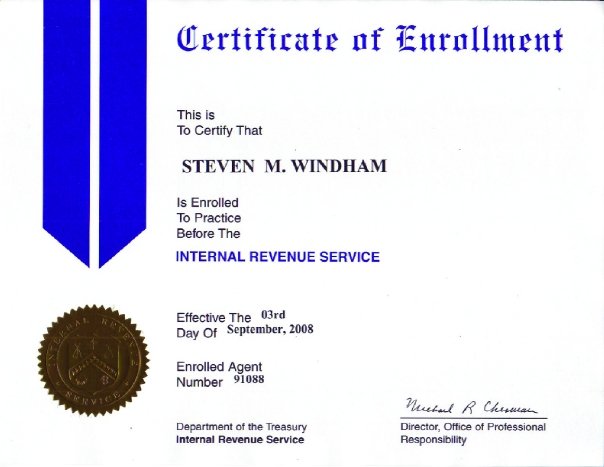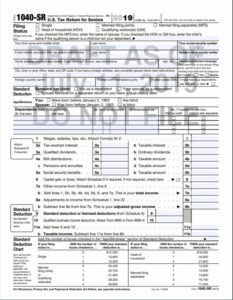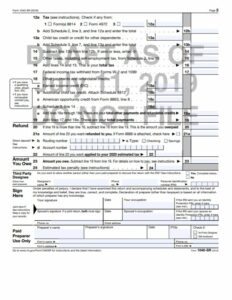 The Internal Revenue Service, on February 10, 2023, has issued guidance on state tax payments to help taxpayers:
The Internal Revenue Service, on February 10, 2023, has issued guidance on state tax payments to help taxpayers:
WASHINGTON — The Internal Revenue Service provided details today clarifying the federal tax status involving special payments made by 21 states in 2022.
The IRS has determined that in the interest of sound tax administration and other factors, taxpayers in many states will not need to report these payments on their 2022 tax returns.
During a review, the IRS determined it will not challenge the taxability of payments related to general welfare and disaster relief. This means that people in the following states do not need to report these state payments on their 2022 tax return: California, Colorado, Connecticut, Delaware, Florida, Hawaii, Idaho, Illinois, Indiana, Maine, New Jersey, New Mexico, New York, Oregon, Pennsylvania and Rhode Island. Alaska is in this group as well, but please see below for more nuanced information.
Click here to view the complete News Release on the IRS website.

The California Franchise Tax Board has issues significant guidance on the California Middle Class Tax Refunds.
Concerning offsets/withholding:
- The Middle Class Tax Refund payment is not taxable for California state income tax purposes.
- The Middle Class Tax Refund payment will not be subject to offset for debts owed to Franchise Tax Board or other government agencies.
- The Middle Class Tax Refund payments are not subject to garnishment orders, with the exception of orders in connection with child support, spousal support, family support, or a criminal restitution payable to victims. If you believe your Middle Class Tax Refund payment that was deposited with your financial institution has been levied/frozen in error, please contact the phone number provided by your financial institution.


